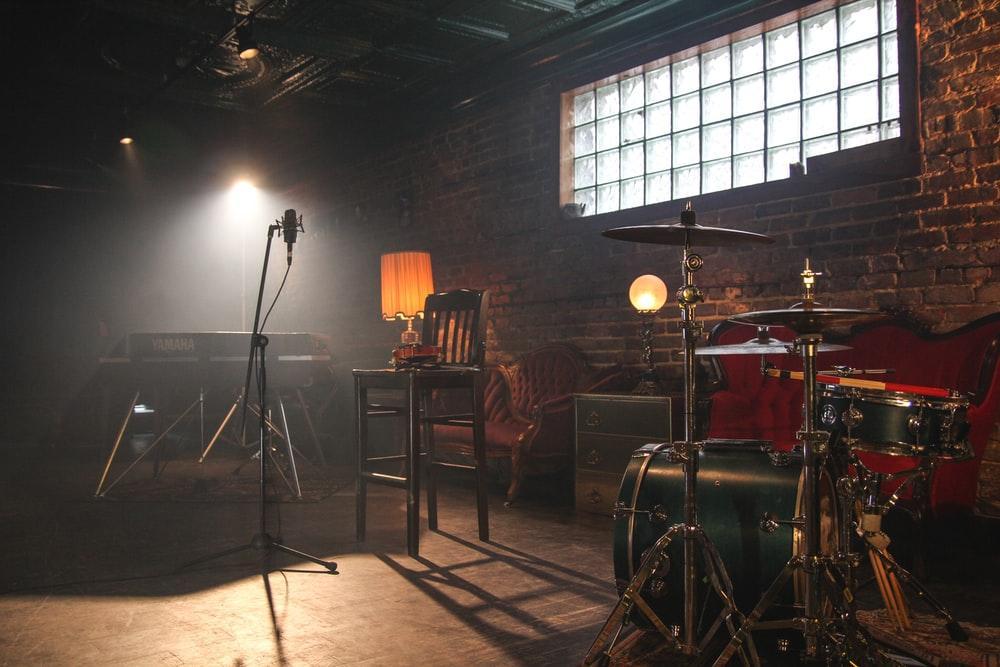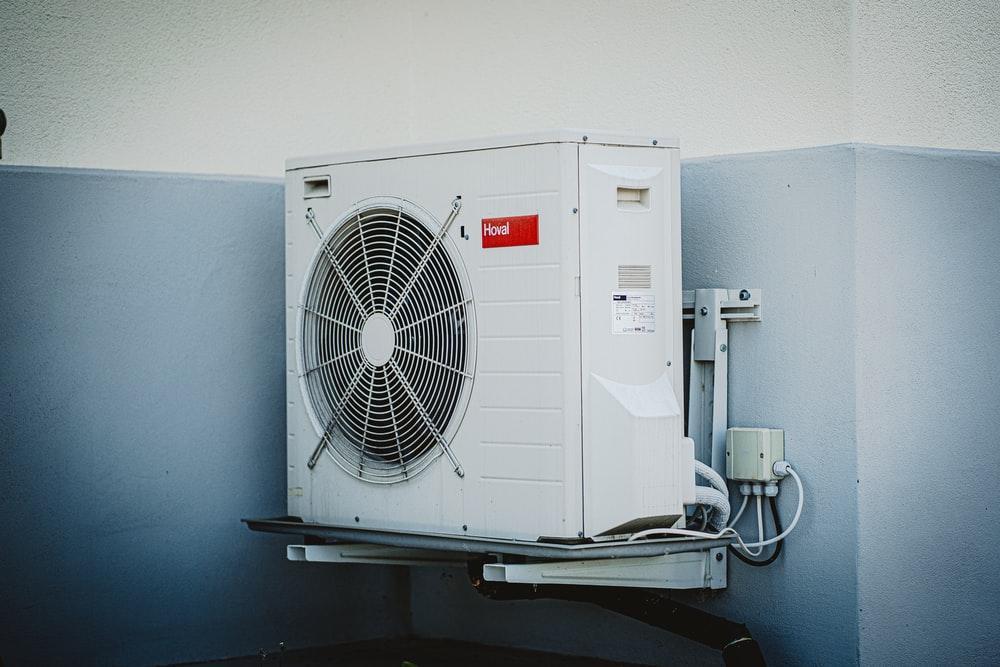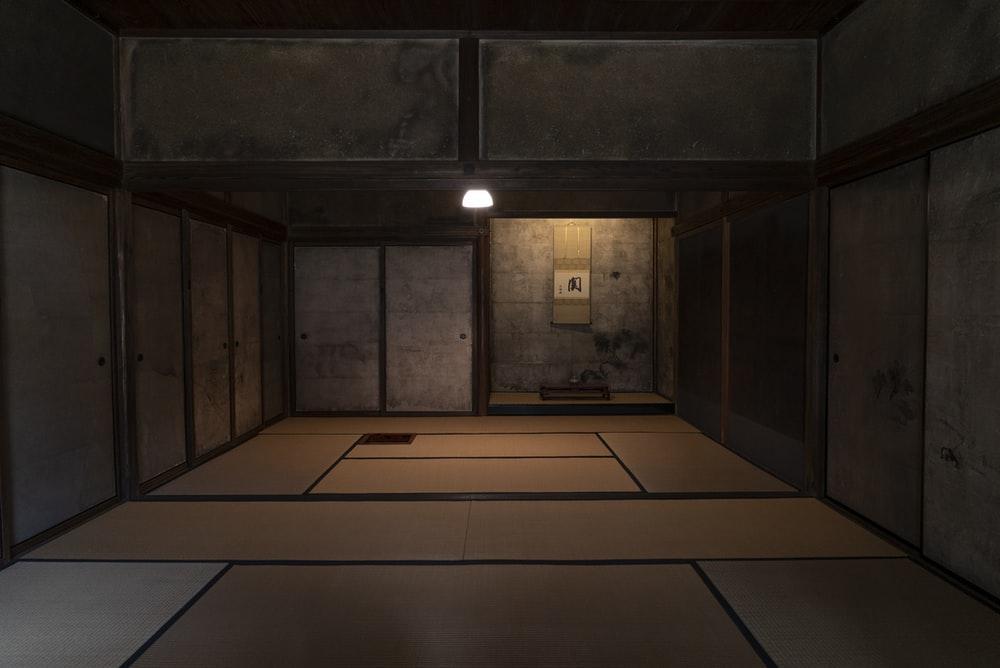Advertisement
A basement can add a lot of value to the house, particularly if you renovate it and turn it into an extra room. With that in mind, basements can also be fairly tricky to renovate. The environment there will ask for a sound plan.
To get your money’s worth and prevent a nervous breakdown, here are some mistakes that you may want to avoid.
Not Working with a Blueprint
One might think that blueprints are not necessary for renovating the basement, but even a blank canvas will eventually need an outline. If you have any walls to add, spaces to modify, or extras you want to include, the blueprint will help determine whether it’s a good plan or a bad one. This way, you won’t be making renovations only to have them torn down.
Using Wooden Floors
Humidity in the basement is typically very high – especially around the floor. Even if you apply concrete to the basement, the humidity will still be high, creating a breeding ground for bacteria.
Since regular wood will draw out that moisture, you need to be creative when renovating the floors. Engineered wood can work just fine, but you may also go for floor tiling as well. By choosing the right kind of floor right away, you’ll prevent other costly renovations in the long run.
Not Soundproofing

Depending on what you plan on using the basement for, you need to make sure that you soundproof it again. Soundproofing a room is important for every living area of the house, but even more so when it comes to the basement.
Sound travels much louder from the basement to the above than vice-versa, and if you plan on turning the basement into a home cinema, you’ll have several angry housemates to answer to. Plus, soundproofing after the renovation will be much more expensive, which is why you may want to take this step beforehand.
Not Waterproofing the Place
Some people might think that simply insulating the place will be enough, but humidity can easily pass through insulation easily. To prevent humidity from affecting the basement, you need to waterproof it.
Apply cracked foundation repair where necessary to prevent potential leaks and add a waterproof coating.
Not Installing an Air Conditioner

We know what you might think: basements are already cold enough, so why bother installing an air conditioner? Well, the reason why basements are so cold in the first place is that the humidity levels are very high. And since there are likely no windows and barely any air circulating, the air will remain damp.
To dry out the air, you will need the air to circulate – and the best way to do that is to install an air conditioning system. This system will prevent the air from getting too humid, and it also circulates the air. It’s even better if you get an air conditioner with a built-in dehumidifier.
Not only will it make the air much more comfortable to breathe, but it will also prevent the appearance of mould and mildew. The fungi responsible for these problems like humid environments – and once they start spreading, they damage the whole structure. Needless to say, an air conditioning system may very well save your walls.
Not Renovating the Stairway
A lot of people put a lot of their attention on the basement room, but very few place too much attention on the stairway. As a result, stairways end up looking like the odd part out, not fitting into the design.

Plus, since the stairways are not renovated, this might put you at risk of injury – and more repairs. When renovating the basement, ensure you make the stairs wider, easier to step on, and make sure they are well-lit. A strategically placed light bulb over the staircase can save a lot of money in hospital bills.
Not Preparing for Water Emergencies
You may have no piping system in your basement, or maybe you don’t plan on adding a kitchen or a bathroom. Technically speaking, there should be no need to worry about water coming from the basement. But what about water flooding into the basement from above?
Your basement is at the lowest level of the house, so if a flood happens anywhere in your home – say, from a downpour – it will all flow down into the basement. In some cases, homes cannot hold back flood water, which is why you need to give it a “route” to pass through. Plumbing and drainage can go a very long way.
The Bottom Line
Renovating the basement may seem challenging, but as long as the steps are done right, you should be able to reap the benefits. Don’t forget to go through these tips as you are planning your big basement renovation project.

